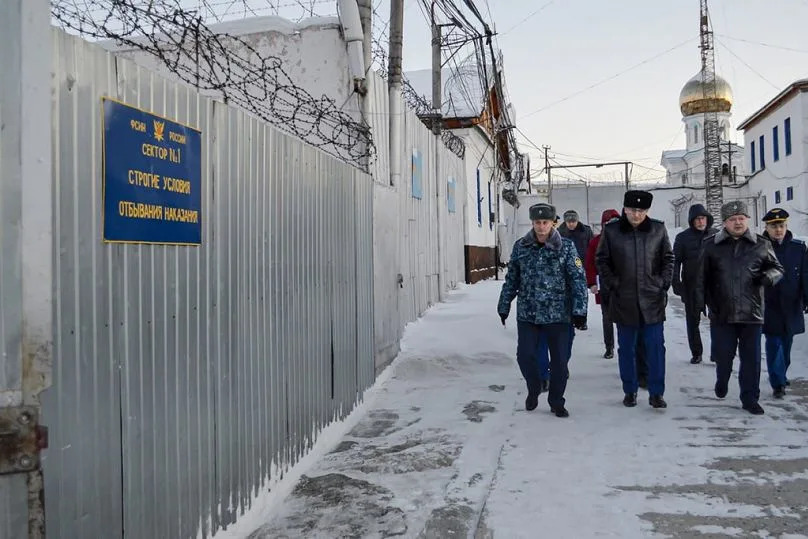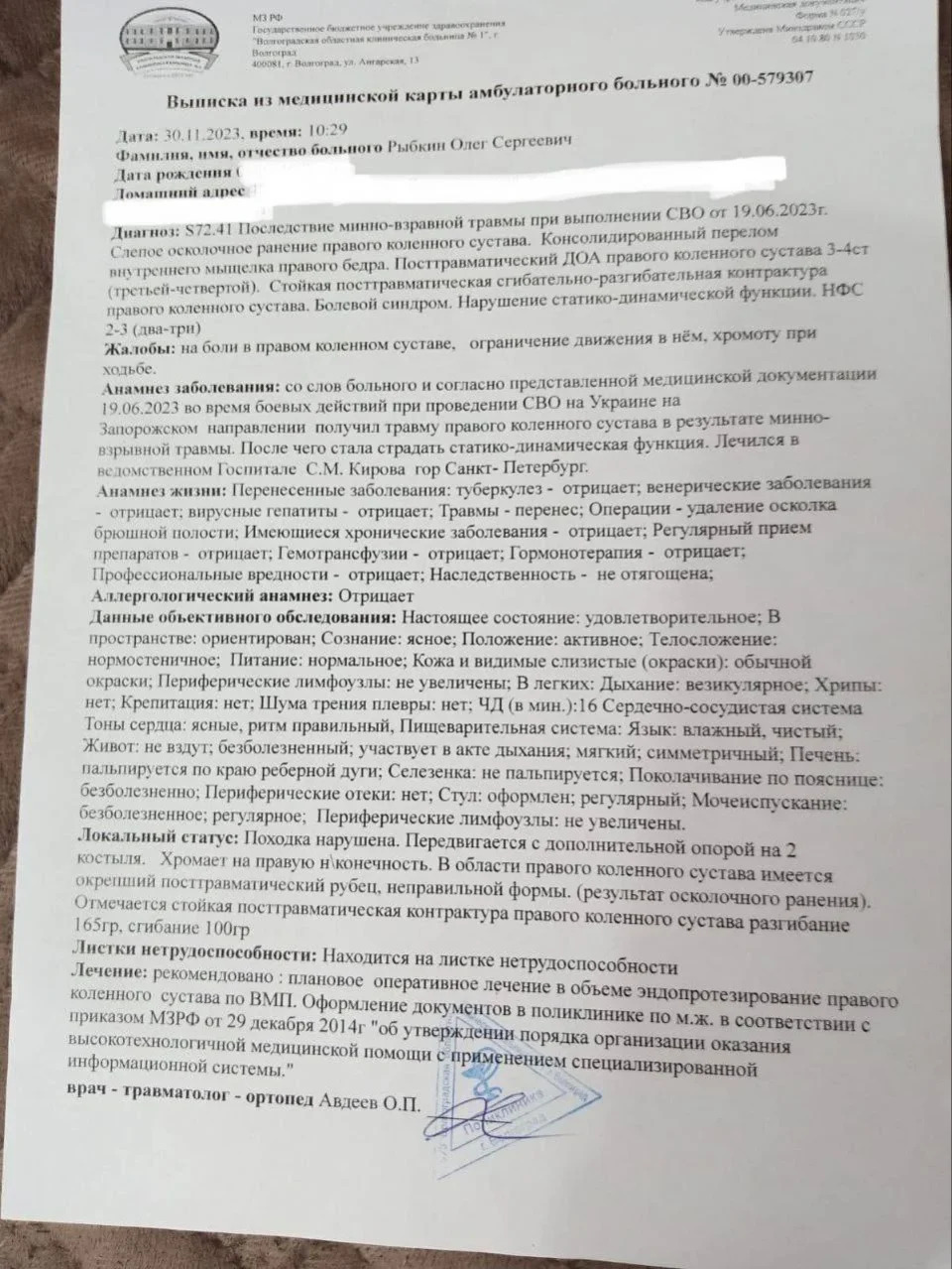Fortune
CEOs will finally admit next year that return-to-office mandates didn’t move the productivity needle, future of work experts predict
Jane Thier – December 26, 2023

Happy holidays, remote workers. In software firm Scoop’s 2024 Flex Report, which includes flexible work predictions from an array of industry experts, one idea bubbled to prominence: CEOs might finally give up the effort on making mandated in-office days happen.
“By the end of 2024, executives will be forced to admit their RTO mandates did not improve productivity,” read the top-line prediction from Annie Dean, longtime flexible work evangelist and head of Team Anywhere at software firm Atlassian.
For years now, experts like Dean have said flexibility is key, and employees have made that priority clear on their own terms, too—often with their feet. So why do so many bosses nonetheless hold out?
“There are two camps on RTO mandates: Small companies and large companies,” Robert Sadow, Scoop’s CEO and co-founder, tells Fortune. Small companies, those with under 500 employees, “overwhelmingly” let workers choose whether or not to go in. It’s the bigger companies, especially those with over 25,000 employees, that tend to set mandates.
Dean went on to cite a recent Atlassian survey of Fortune 500 executives, which concluded that low productivity is expected to be a prime challenge for most of them in the coming year—as it’s been in years past. That’s despite the fact that nearly all (91%) of the leaders surveyed currently mandate some amount of in-office presence per week.
“It seems like many already know that these mandates aren’t the answer,” Dean commented. “Only one in three executives with an in-office mandate are convinced that their in-office policies have had a positive effect on productivity.” Rather than where work happens being of significance next year, how work gets done will become the “key cultural touchpoint.”
Dean’s held this line for over a decade, even before the pandemic forced everyone to be a remote work proponent, if only temporarily. Another leader featured in the report, Cara Allamano, who heads up people operations at management software firm Lattice—which, like Atlassian, is remote-first—agreed with her.
Return to office mandates will not provide a “quick fix” to productivity and engagement issues, Allamano wrote, despite how badly bosses want that to be true. Amid continued uncertainty in the larger economy and workforce, she added, company leaders will remain focused on productivity and performance next year. To that end, many bosses will, as they did in 2023, continue to default to dragging employees back into the office to “solve” what they see as engagement problems.
It will be a wasted effort. “RTO will not solve challenges in engagement,” Allamano wrote plainly. Instead, companies should extend that effort diving deep into their business needs, evaluating their overall approach to gauging performance and engagement, and then come to an agreement on the strategies that will align those two. Their RTO policy, she advised, “should follow from there.”
Innovative organizations are defined by how their people work—and what, if anything, keeps them from succeeding. Dean posited that efficient processes, leaders who are willing to disrupt the norms with new tools and AI, and well-run meetings will define companies instead. Leaders who actively seek out more effective tech will undoubtedly attract and retain the best talent. Any other way will be a non-starter.
Who needs an office anyway?
As in Dean’s prediction, Allamano said the real draw for workers will be companies who clearly prioritize flexibility wherever it’s possible. “Organizations with best-in-class management practices, led by HR teams who have centered their programs around what’s best for the business and managed towards that, will be able to navigate flexible work changes just fine,” she said.
She also noted that a recent Lattice report found that nearly half (48%) of employees said they’d consider quitting an otherwise great job if it doesn’t offer a satisfying flexible work policy. That dovetails with recent FlexJobs data finding that most companies would even take a pay cut to work a remote job.
For his part, Sadow doesn’t expect mandates to totally disappear among those big, insistently pro-office companies in 2024. Rather, he anticipates that they’ll give workers more flexibility on how to implement mandates. That may mean shifting away from requiring specific days or weeks to be in-person in favor of outlining a minimum amount of in-person time which each team can decide how to use for themselves. (Which experts say is the best approach to hybrid plans anyway.)
“It’s like bumpers on a bowling lane,” Sadow says. “Big companies may set bumpers, but they’ll let teams decide where they want to deliver the ball.”
Here’s hoping everyone bowls a spare in 2024.












